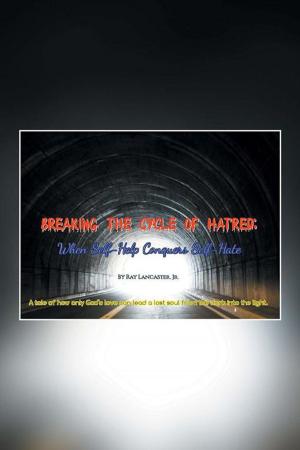| Author: | Martin Sicker | ISBN: | 9781524538644 |
| Publisher: | Xlibris US | Publication: | August 29, 2016 |
| Imprint: | Xlibris US | Language: | English |
| Author: | Martin Sicker |
| ISBN: | 9781524538644 |
| Publisher: | Xlibris US |
| Publication: | August 29, 2016 |
| Imprint: | Xlibris US |
| Language: | English |
The subject of this book is the prophetic history of the political-military leaders, called judges, that succeeded Joshua and led the tribes of Israel during the tumultuous anarchic period between the death of Joshua and the transformation of the Israelite confederation of tribes into a nation-state (as subsequently described in the biblical book of Samuel, presented in the Masoretic text of the biblical book of Judges.) The term prophetic history is employed to describe the subject because prophecy in biblical thought is not fatalistic and does not predict future events. What it does do is assert that the moral course that a society chooses to follow in the present can determine its probable but not inevitable future. The purpose of the biblical book is to inform the reader of the historical consequences of the failure to observe the terms of the divine covenant entered into between God and the children of Israel at Mount Sinai following the exodus from Egypt. Although the biblical narrative is based on events that were believed to have taken place, the primary focus of prophetic history is on the moral implications of the decisions taken by men rather than the factual accuracy of the details of the events described, which have been studied exhaustively by archaeologists and historians of the ancient world.
The subject of this book is the prophetic history of the political-military leaders, called judges, that succeeded Joshua and led the tribes of Israel during the tumultuous anarchic period between the death of Joshua and the transformation of the Israelite confederation of tribes into a nation-state (as subsequently described in the biblical book of Samuel, presented in the Masoretic text of the biblical book of Judges.) The term prophetic history is employed to describe the subject because prophecy in biblical thought is not fatalistic and does not predict future events. What it does do is assert that the moral course that a society chooses to follow in the present can determine its probable but not inevitable future. The purpose of the biblical book is to inform the reader of the historical consequences of the failure to observe the terms of the divine covenant entered into between God and the children of Israel at Mount Sinai following the exodus from Egypt. Although the biblical narrative is based on events that were believed to have taken place, the primary focus of prophetic history is on the moral implications of the decisions taken by men rather than the factual accuracy of the details of the events described, which have been studied exhaustively by archaeologists and historians of the ancient world.















